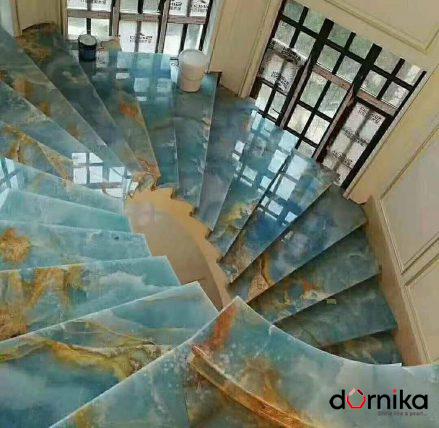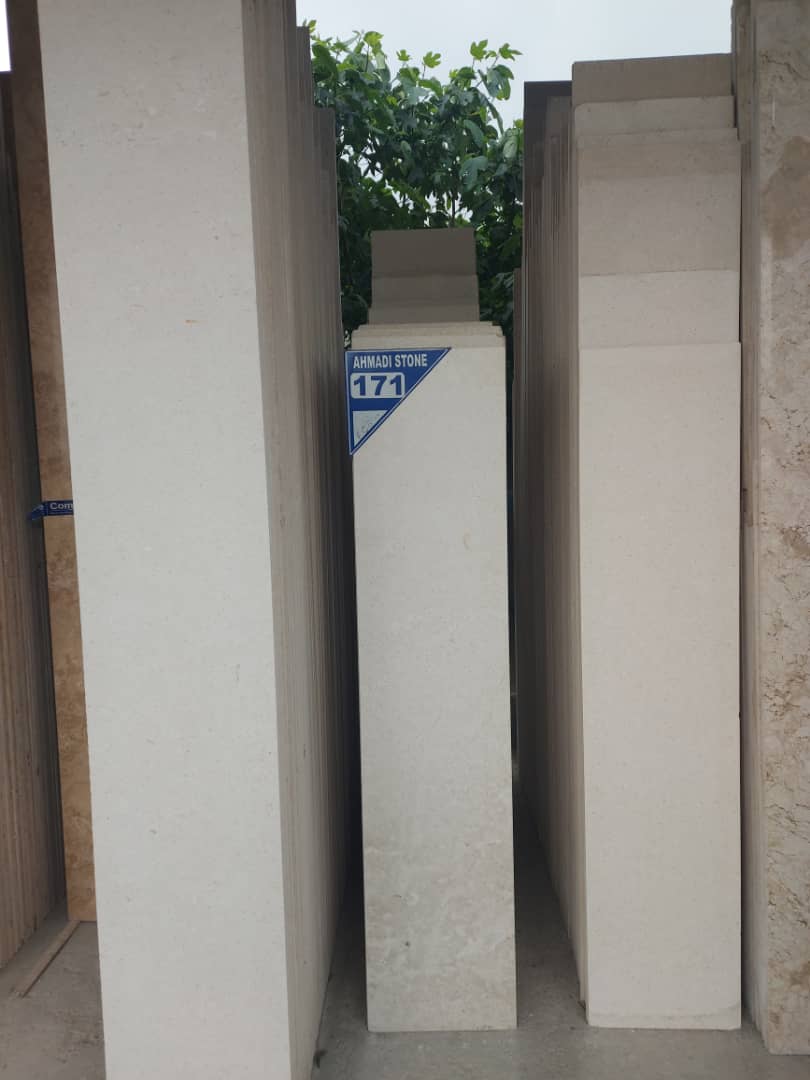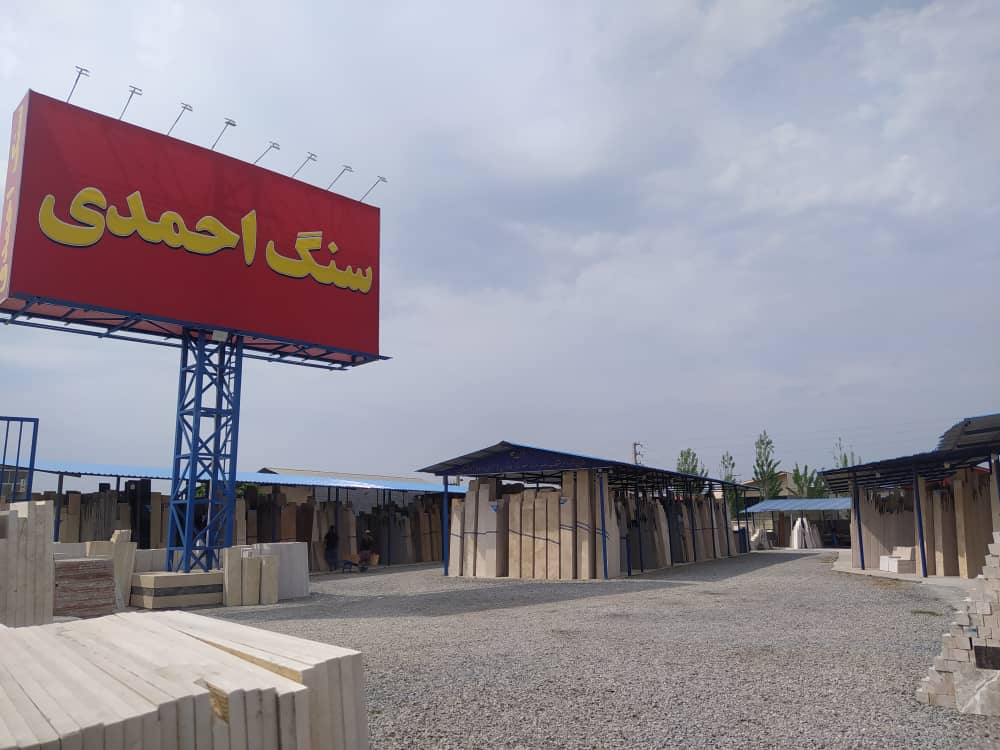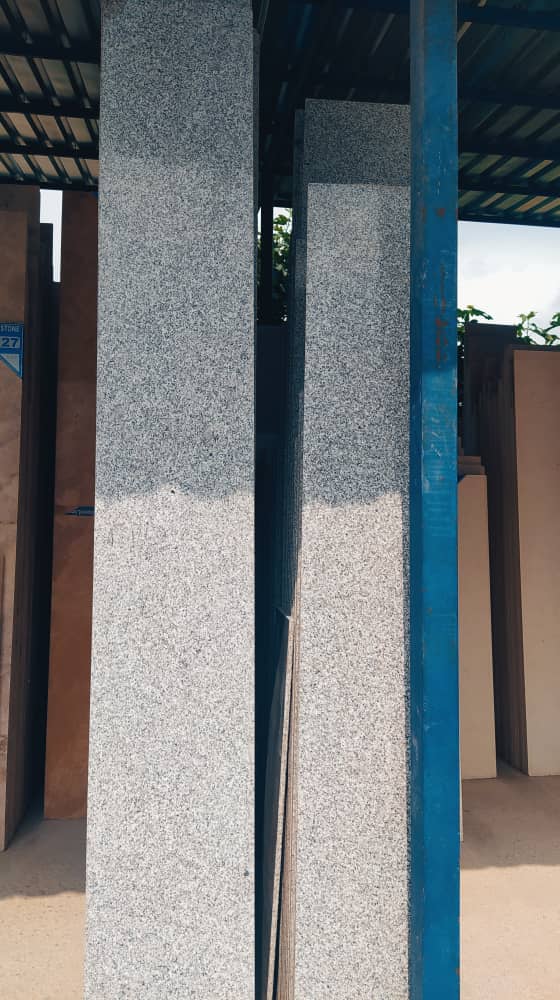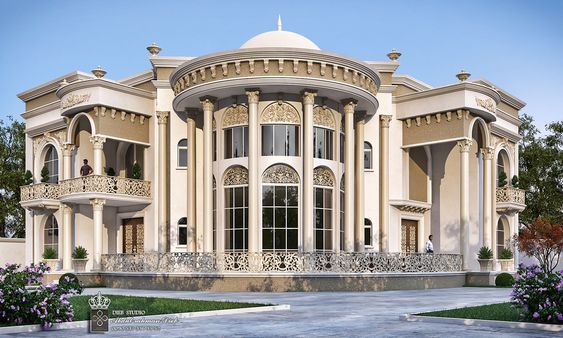سنگ تراورتن
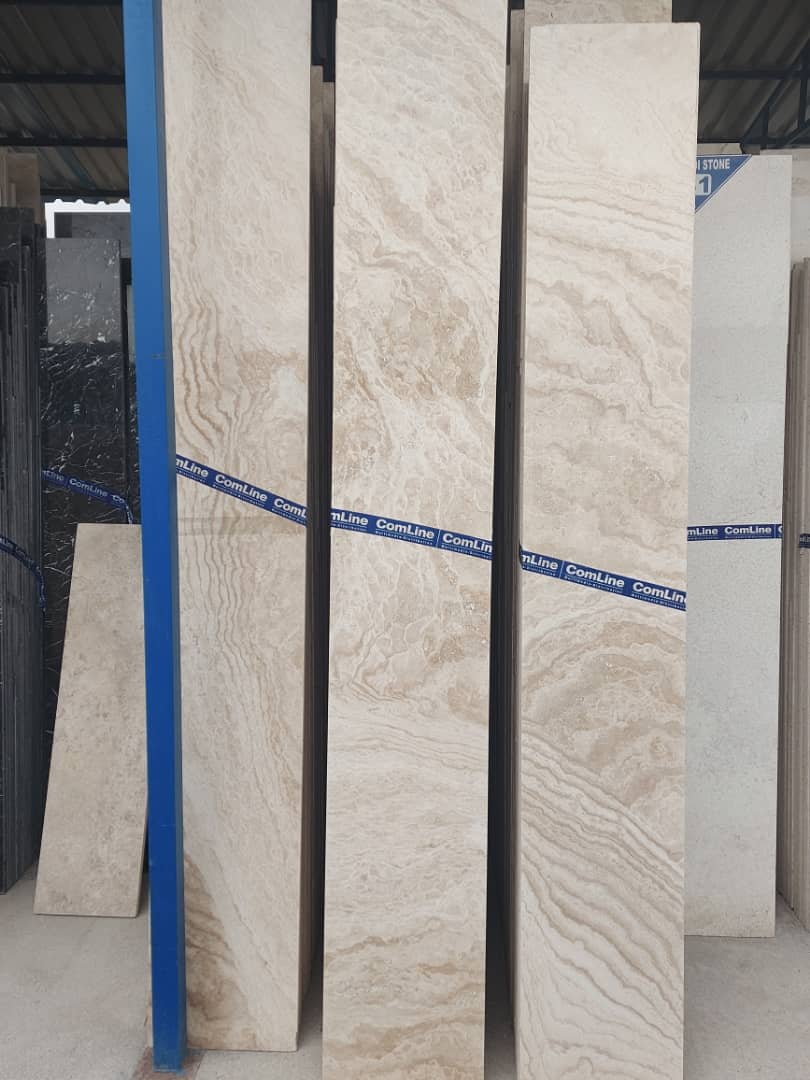
زمان تقریبی مطالعه: 4 دقیقه
تراورتن، نوعی سنگ از دسته سنگ های رسوبی و تزیینی بهشمار میرود. این سنگ به جا مانده از رسوبات چشمههای آب گرم هستند. حفرات موجود در این سنگ به دلیل فضای اشغال شده توسط گازهای موجود در آبهای گرم منبع رسوبگذاری است. هرچه عناصر محلول در آب این منابع کمتر باشد، رنگ سنگ روشنتر خواهد بود.[۱][۲]
میزان گرما و ارتفاع منطقه نیز بر کیفیت تراورتن تأثیر میگذارد. در ایران معادن تراوتن بزرگی وجود دارند که از آنها میتوان معدن تراورتن آق دره، معادن تراورتن زنجان، تکاب، اردبیل و مرکزی را نام برد.
تراورتن دارای بافتی متخلخل و رنگهای متنوع و نواری شکل است که تنوع رنگی آن به علت اختلاف در ترکیباتی است که در زمان رسوبگذاری در عناصر سنگ وجود دارند و خود را به صورت رگههای مختلف نشان میدهند. قابل ذکر است که چون این رگهها دارای ترکیب شیمیایی متفاوت از زمینه سنگ میباشند در سنگ ایجاد شده دارای استحکام کمتری بوده و نقطه حساس یک سنگ را تشکیل میدهند که کمترین مقاومت را در برابر ضربه یا فشار از خود نشان میدهند و هر چه سنگ دارای رگهها و ناخالصیهای کمتری باشد استحکام بالاتری را دارا میباشد.
اکثر سنگهای تراورتن مقاومت سایشی پایینی دارند بنابراین به راحتی فرآوری میشوند اما مقاومت فشاری مناسبی دارند (مقاومت فشاری آنها از مرمر بیشتر و از گرانیت کمتر است) اما استحکام و تخلخل پذیری بالای آن شرایط کار در محیط اشباع و ارتفاع را فراهم میسازد. مقادیر حداکثر و حداقل الزامات فیزیکی تراورتن در استاندارد ASTM C1527 یا ۱۳۲۴۷ ملی ایران موجود میباشد.
Travertine is a type of stone from the category of sedimentary and decorative stones. These stones are left over from the deposits of hot springs. The holes in this rock are the source of sedimentation due to the space occupied by the gases in hot water. The less elements soluble in the water of these sources, the brighter the color of the stone will be.[1][2]
The amount of heat and altitude of the area also affects the quality of travertine. There are large travertine mines in Iran, among which we can mention the Aq Dareh travertine mine, Zanjan, Takab, Ardabil and Markazi travertine mines.
Travertine has a porous texture and a variety of colors and stripes, the variety of colors is due to the differences in the compounds that exist in the stone elements during deposition, and they show themselves in the form of different streaks. It is worth mentioning that because these veins have a different chemical composition from the background of the stone, the created stone has less strength and forms the sensitive point of a stone that shows the least resistance against impact or pressure, and the more the stone has veins And if there are less impurities, it has higher strength.
Most travertine stones have low abrasion resistance, so they are easily processed, but they have good compressive strength (their compressive strength is higher than marble and lower than granite), but its strength and high porosity provide working conditions in saturated and high altitude environments. The maximum and minimum values of the physical requirements of travertine are available in the ASTM C1527 or 13247 national standards of Iran.
این مطالب را از دست ندهید
